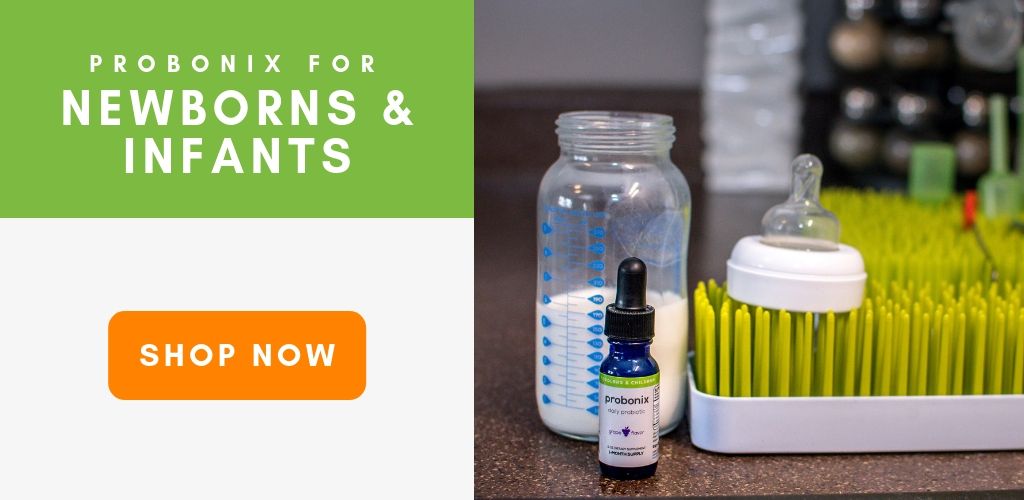Premature births are a serious and scary risk for parents. They can lead to a wide range of dangerous complications including everything from short term issues with breathing and blood to long term issues like Cerebral palsy and psychological conditions.
But don’t panic! Thankfully, a new study from a team of researchers at Stanford University has uncovered a way to identify and help mitigate the risk for premature births. This study examined the link between the microbiota1 (a term used to describe the community of bacteria inhabiting the large intestine) in pregnant women and the likelihood of premature birth. Regular samples of microbiota were collected throughout the pregnancies of the 49 participants and again after they gave birth.
The results of this study were very convincing. 15 of the 49 women gave birth prematurely, and all 15 of these women had abnormally low levels of Lactobacillus bacteria. The remaining 34 women that held full term pregnancies had healthy levels of Lactobacillus bacteria.
The study also showed that all 49 women had very low Lactobacillus levels after birth, and it took up to one year for these levels to return to normal in some women. This helps to explain why multiple pregnancies close together can be a major risk factor for premature birth.
So what does this tell us about premature births?
Well, according to the research leader, Dr. David Relman, these findings can be used to help screen and identify women likely to have premature births. Dr. Relman was quick to reiterate the risks associated with giving birth prematurely, “Premature birth can lead to many different long-term health consequences, some of which can be serious, such as neurological damage and chronic lung diseases, so anything that can be done to prevent this occurrence would be hugely beneficial, with every extra week spent in the womb being advantageous to the future health of the child.”
Well that all sounds great, but what can I do with this information during pregnancy?
Once we know which women are at risk, actions can be taken to help prevent or mitigate risk from premature births. While Dr. Relman suggests that treatment options like cervical cerclage can help prevent premature birth, and steroids can be used to help mature baby’s lungs more quickly in anticipation of early birth. Joe Leigh Simpson from the March of Dimes has other thoughts on tackling the issue. He points out that steroids can worsen dysbiosis, and cervical cerclage holds the baby in an unnatural position. Cervical cerclage can also lead to complications like premature labor, cervical infection, and bleeding.
Joe suggests that probiotics can be used to rebalance the levels of Lactobacillus bacteria in the reproductive tract. By reaching healthy levels during pregnancy, mothers can naturally mitigate the risk of a premature pregnancy. Additionally, taking probiotics soon after giving birth can dramatically speed up the repopulation of Lactobacillus bacteria and mitigate the risk for premature birth in back-to-back pregnancies.
After all, if low healthy microflora levels are causing premature births, doesn’t it make the most sense to treat that problem first?
1https://www.ncbi.nlm.nih.gov/pmc/articles/PMC4528021/
People who liked this blog also read these:


